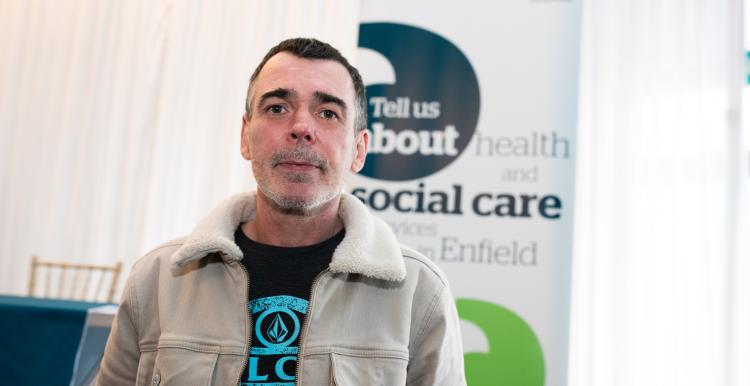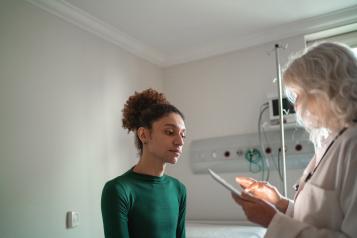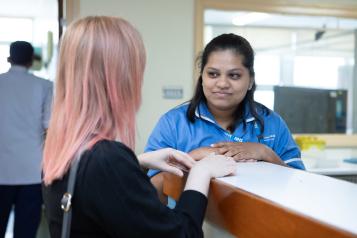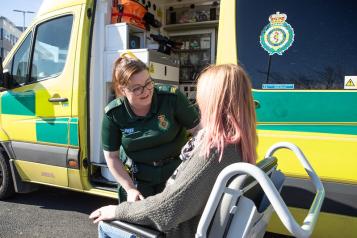People's experiences of primary care

Being able to access primary care services is a key concern that the public have raised with local Healthwatch.
We have produced a series of reports looking at the problems the public face today and what they want from the primary care services of tomorrow. Here, we share the experiences of specific groups of people and the issues they face.
Who did we speak to? What did they say?
- Mothers of young children in Southend-on-Sea didn't feel supported or listened to by their GP. They felt that their concerns were not taken seriously and that the GP often dismissed their worries as paranoia
- People who are Deaf from Newham and Waltham Forest shared concerns about booking an interpreter through their GP and explained how difficulties communicating led to confusions over managing their conditions and taking medication.
- Women from the Pakistani community in Waltham Forest told us that booking appointments and choosing their GP were their biggest concerns as there were some things they would rather speak to a female GP about.
- Students aged 18-25 in Luton felt frustrated with 'rude' receptionists and that GPs did not listen fully or always believe what they have to say.
- Older people in Surrey felt that the pharmacy should be the first port of call to ease pressure on GPs and were positive about their experience of booking appointments online.
- The Roma community in Bradford found being understood the biggest challenge when visiting their GP and often rely on their local supermarket pharmacy for health services.
What is working well overall?
Although most people knew when to go to a pharmacy, their GP, walk in centre or A&E, many had problems accessing the support they needed. Limited interpreter services, trouble registering with a GP and difficulties making appointments were key concerns. Most people we spoke to were positive about their experiences with pharmacists because they trusted them, found the service easy to access and felt their privacy was respected
What needs improvement in general?
Although most people knew when to go to a pharmacy, their GP, walk in centre or A&E, many had problems accessing the support they needed. Limited interpreter services, trouble registering with a GP and difficulties making appointments were key concerns.
Across the country we heard that people felt that GPs were not listening to their needs. People found it particularly frustrating that they were often only allowed to speak about a single issue per appointment.


